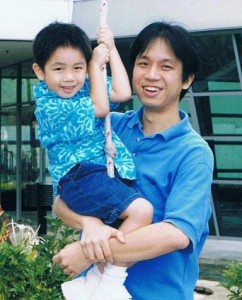Sociopaths In Our Midst Hate the Truth and Its Advocates
What is the one thing a sociopath does not want other people to know? The truth. More specifically, sociopaths do not want the truth about them to be known as they are insecure, malicious, and devious people. Beyond being embarrassed by the truth of their behaviors and thoughts, they have a deathly fear of being exposed and rejected. That’s in large part because they use lies, manipulations, and distortions to control other people and get what they want. If others were to know about their true nature, they realize that most would want nothing to do with them. They would lose the support networks of malicious minions they control and incite to abuse other people. Therefore sociopaths have a strong motivation to attack, discredit, harass, and ruin anybody who presents arguments and facts that might tend to raise questions and doubts about their behaviors and their false statements.
Many sociopaths are so insecure and malicious that they feel similarly motivated to go on the offensive, perhaps with lesser severity, in reaction to people who might embarrass them with obviously nasty (to them) comments like “Is that lettuce stuck between your teeth?” or “Your car is filthy! There’s a $3 carwash special across the street.” If that gets them unhinged, just imagine what being exposed as a child abuser, false accuser, liar, or thief will do.
Sociopaths Experts At Blaming Others, Greatly Fear Being Blamed
Nobody likes to be blamed, but a responsible person will accept blame for something appropriate. Sociopaths don’t like to accept blame for anything, even if it is well-earned. While part of this is likely from their typically narcissistic “I’m better than you” and “rules don’t apply to me” attitudes, there’s more to it than that. They may realize that blaming is how they control others to harm the targets they viciously attack, often family members or former love interests. They understand both the destructive and defensive powers of blaming and make regular use of both.
Sociopaths may be especially cognizant of the risk that people whom they have used to abuse others might even turn against them, especially those who might be greatly angered by how they were manipulated into participating in destructive and harmful activities against others. People like to blame others. While sociopaths do it with extraordinary intensity and dishonesty, the people they manipulate are likely to do it, too. After all, a sociopath was able to manipulate them into unjustly attacking a former partner, a child’s other parent, teacher, doctor, counselor, therapist, or some other party the sociopath doesn’t like and that clearly demonstrates they are the sort of people who are into blaming others. Who is to say they won’t turn and attack the sociopath when they realize how they were used?
Read more…





Recent Comments